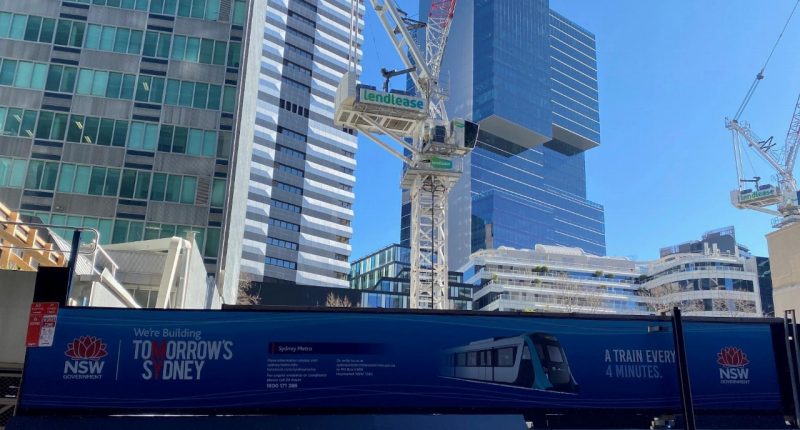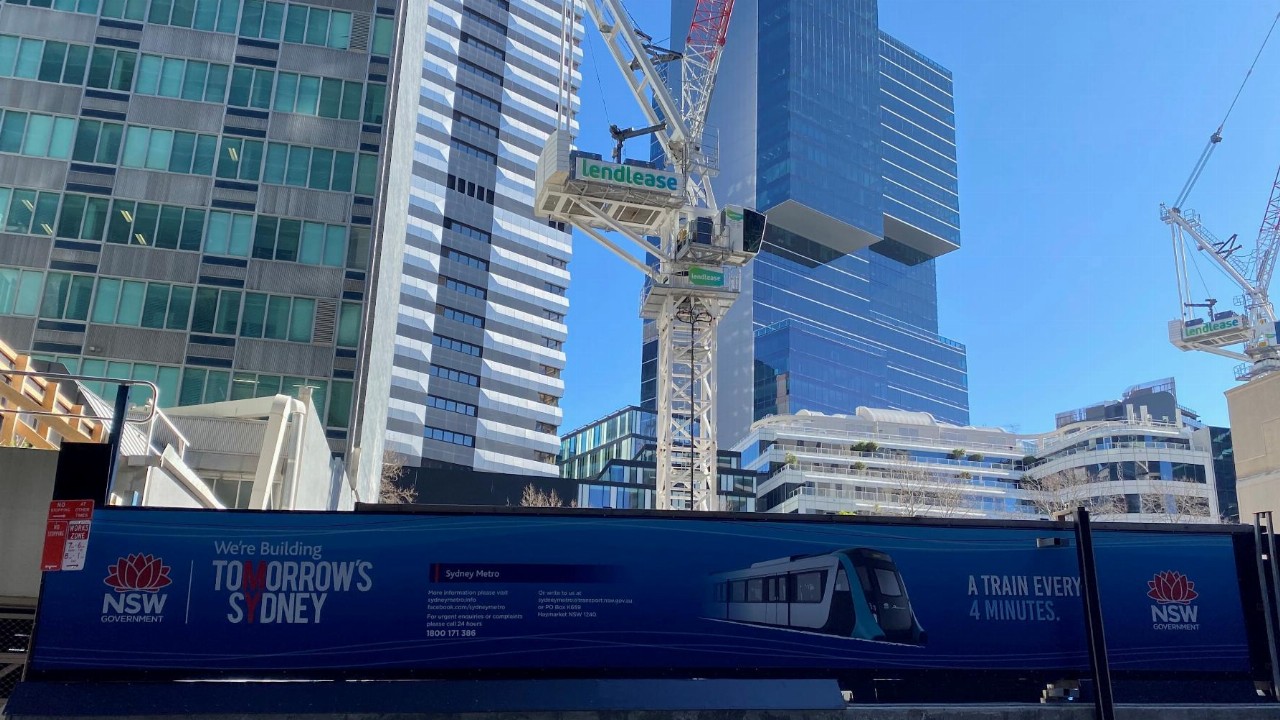- Australian construction activity improved in February following a sharp dip over the summer holiday period and amid the spread of Omicron around the country
- The AI Group and Housing Industry Association’s (HIA) Australian Performance of Construction Index (CPI) improved by 7.5 points over February to 53.4
- The indices for activity, new orders, selling prices, and average wages in the Australian PCI each recovered in February, with selling prices hitting a record high
- While the construction industry still faces ongoing concerns around land shortages, supply delays, price hikes, and labour, the outlook for the sector remains positive
- HIA economist Tom Devitt says the biggest constraint on builders will remain the price and availability of land, labour, and materials, as opposed to an absence of demand in the sector
Australian construction activity improved in February following a sharp dip over the summer holiday period and amid the spread of Omicron around the country.
A new report from the Australian Industry (AI) Group shows despite ongoing concerns around land shortages, supply delays, price hikes, and general uncertainty in the construction sector, February still saw a recovery across some key metrics.
The AI Group and Housing Industry Association’s (HIA) Australian Performance of Construction Index (CPI) improved by 7.5 points over February to 53.4. Any result above 50 indicates expansion in the sector.
AI Group said the indices for activity, new orders, selling prices, and average wages in the Australian PCI each recovered in February, with selling prices hitting a record high.
While the input prices and employment indices fell by 0.4 points and 2.2 points, respectively, compared to the previous month, AI Group said they still remained highly elevated.
AI Group Chief Policy Advisor Peter Burn said activity in three out of the four component sectors — being house building, apartment building, commercial construction, and engineering construction — improved in February following the Omicron-affected contraction over December and January.
Apartment building activity was the only sector to not show an improvement, but even this remained flat.
“Employment grew and there was a healthy pick-up in new orders across the construction sector.” Dr Burn said.
“The difficulties in supply chains persisted, although the pace of decline in supplier deliveries eased.”
He said inflationary pressure was still evident in the construction sector, with cost rises for inputs and wages growth remaining elevated amid surging selling prices. Further, labour shortages were still evident in some areas of the construction industry as employers struggled to fill positions for skilled labour.
“These conditions, together with the rebound of new orders suggest further inflationary pressures in the period ahead,” Dr Burn said.
Further to this, HIA economist Tom Devitt said there were “no indications” that home building activity would be weakening any time soon.
“Homebuilding bounced back as the Omicron wave abated. New home sales are exceptionally strong, up around levels usually only seen during periods of direct stimulus, on the back of the pandemic trend towards lower density housing,” Mr Devitt said.
“Rental vacancies are incredibly low. Unemployment is around record lows. The Reserve Bank has also just reiterated its ‘patient’ stance with respect to any future increases in its benchmark cash rate, as it waits for supply chain issues to more fully play out.”
He said the first signs of weakness in the homebuilding market will be seen in terms of people — and particularly first home buyers — wanting to access finance. Nevertheless, Mr Devitt said this year, the biggest constraint on builders will remain the price and availability of land, labour, and materials, as opposed to an absence of demand in the housing sector.







